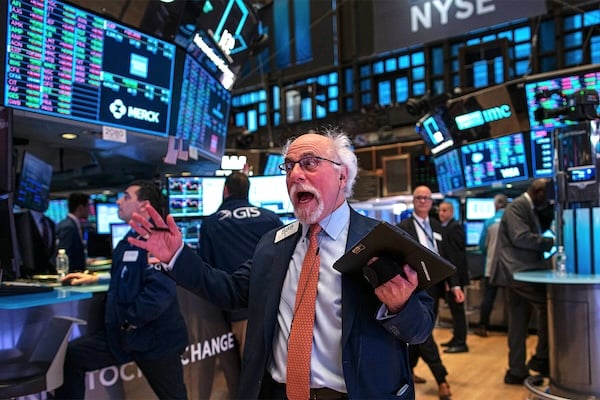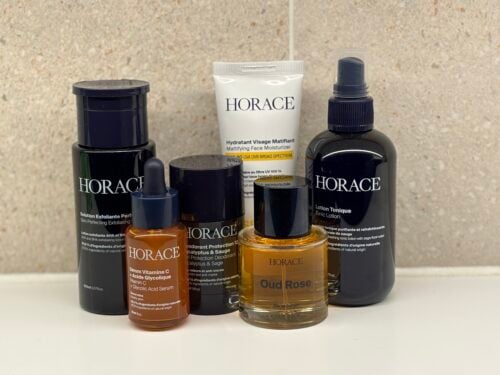Horace Skincare Review: Why Horace Is Dominating The Modern Man’s Bathroom Cabinet
Feb 21, 2026World’s Top Trader Exposes Trillion-Dollar Secrets And Bankers’ Insane Cocaine Bill
- Aug 25, 2024
- 0 Comments
568

From Jeff Bezos’ $900 million real-estate empire to the wildest things that the live-in staff of NYC’s billionaires have ever seen, those earning big bucks often adopt suitably big habits alongside their mind-boggling paycheques.
Gary Stevenson — who was once Citibank’s most profitable trader in the world (and by quite some margin, we understand) — has revealed a number of pretty controversial insights into the world of high-stakes trading. A rare glimpse into the much-discussed but very rarely seen surreal surreal world of international finance, Stevenson’s story shows how the line between financial power and personal excess becomes dangerously and rapidly blurred.
The Trillion-Dollar Man
In his early 20s — an unprecedentedly young age even within an industry that allows for rapid promotion — Stevenson found himself in charge of trading positions worth nearly a trillion US dollars every single day. The sheer scale of the transactions he managed was staggering and while he claims that most of these trades were safe, low-risk positions, the hyper-intense culture of high performance within his trading team led to a culture of extreme risk-taking.
“I was probably lending and borrowing between currencies, not far off a trillion dollars a day.’
While the size of the numbers may be mind-melting enough for some, it was the bosses’ relentless pursuit of volume — driven by the pressure they were under from their own seniors and shareholders — even if it meant pushing traders to their limits. “Senior management had asked me to try to do as many trades as I could,” Stevenson explained, describing how the demand for high turnover led to an environment where financial and personal boundaries were constantly pushed.
Excess on the Trading Floor
The pressure for endless high performance led many traders to seek out an unwise kind of work-life balance and give themselves an edge on the trading floor by ‘investing’ heavily in cocaine. Stevenson, who claims to have never taken drugs himself, was initially shocked by the rampant drug use around him but soon became numb to it, offhandedly recounting how one of his colleagues admitted to spending £80,000 (c. $150,000 AUD) a year on cocaine, a revelation that left Stevenson stunned.
The culture of excess didn’t stop at drugs. Lavish spending was the norm, with Stevenson recalling nights out in Las Vegas where individual traders would be $20,000 or $30,000 USD in a single evening. Taken aback by the surreal experience of being thrust into this world of wealth and hedonism, especially given his comparatively humble upbringing, he added this:
“I come from a very poor background, and I was in a VIP table in LA with a bunch of, like, 35-year-olds who were paying girls who looked just like the girls I used to hang out with at uni to hang out with them.”
Stevenson’s story shows how the pressure to succeed at any cost can lead to a lifestyle of unimaginable excess and moral ambiguity. Indeed, there is more than finances at stake; there’s a human cost to trillion-dollar profits… and that’s before you get into the economic consequences of the actual trades; a discussion for another time.
Publisher: Source link







